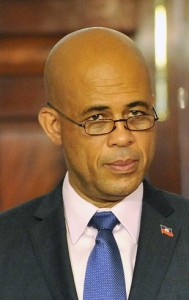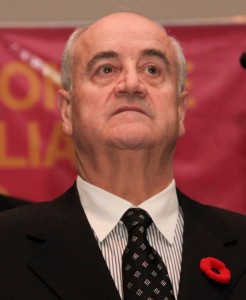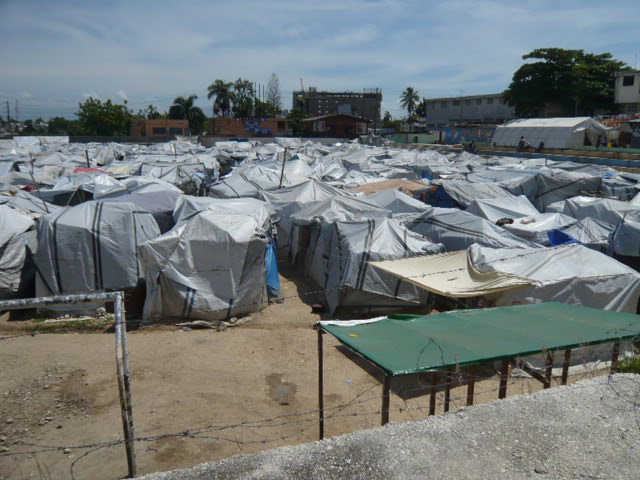Originally posted at The Economist
Three years after a devastating earthquake, the “Republic of NGOs” has become the country of the unemployed
 “HAITI is open for business”, Michel Martelly, the country’s president since May 2011, likes to proclaim. His government has backed up this talk by making it easier for foreigners to own property and by setting as a goal that Haiti climb into the top 50 countries in the World Bank’s ranking for ease of doing business (it now comes 174th out of 185). In November the president opened a gleaming arrivals hall at Toussaint Louverture airport. Mr Martelly himself is in such constant motion abroad—courting donors and investors, he says—that his peregrinations and the per diems alleged to be associated with them have become a source of mordant jokes.
“HAITI is open for business”, Michel Martelly, the country’s president since May 2011, likes to proclaim. His government has backed up this talk by making it easier for foreigners to own property and by setting as a goal that Haiti climb into the top 50 countries in the World Bank’s ranking for ease of doing business (it now comes 174th out of 185). In November the president opened a gleaming arrivals hall at Toussaint Louverture airport. Mr Martelly himself is in such constant motion abroad—courting donors and investors, he says—that his peregrinations and the per diems alleged to be associated with them have become a source of mordant jokes.
But gangbuster growth, hoped for as the country rebuilds itself after the earthquake of January 12th 2010 that wrecked the capital, Port-au-Prince, and killed tens of thousands of people, has failed to materialise. In the 12 months to the end of September the economy expanded by a modest 2.5%. It was the second year of dashed expectations: the IMF had forecast growth of 8% in both 2011 and 2012.
In this section



